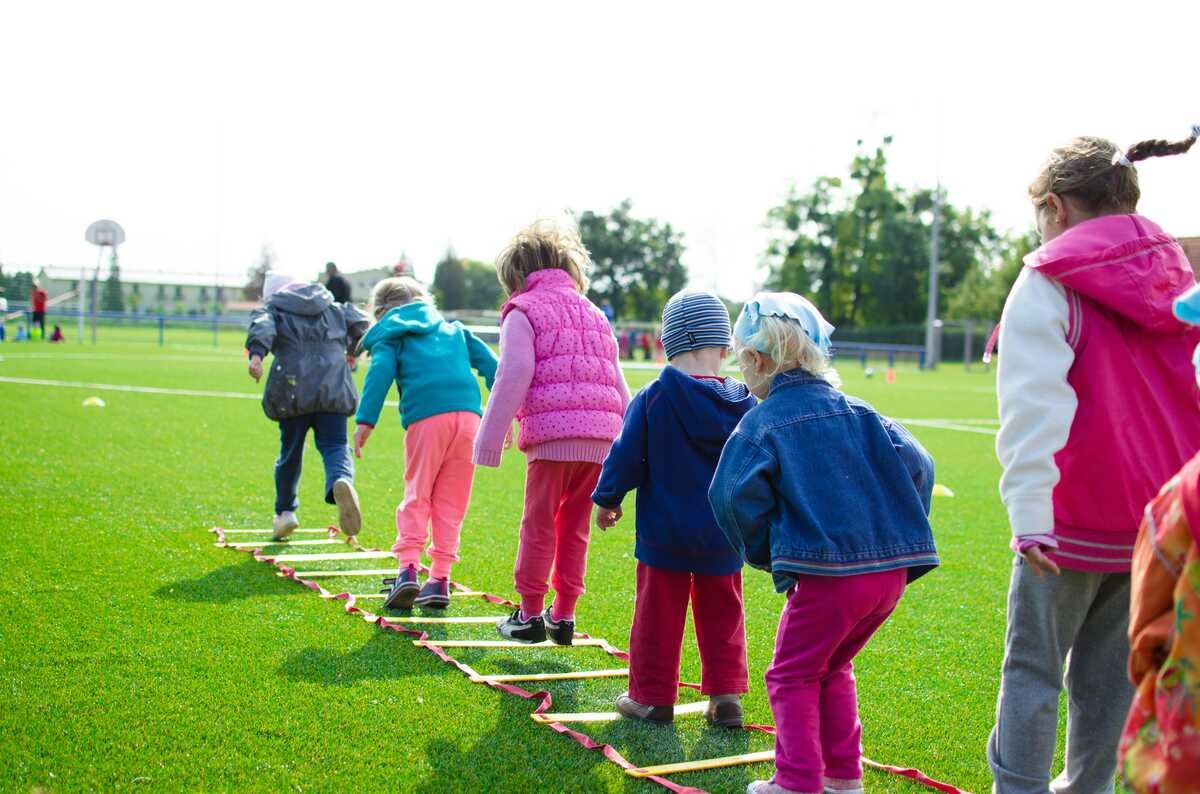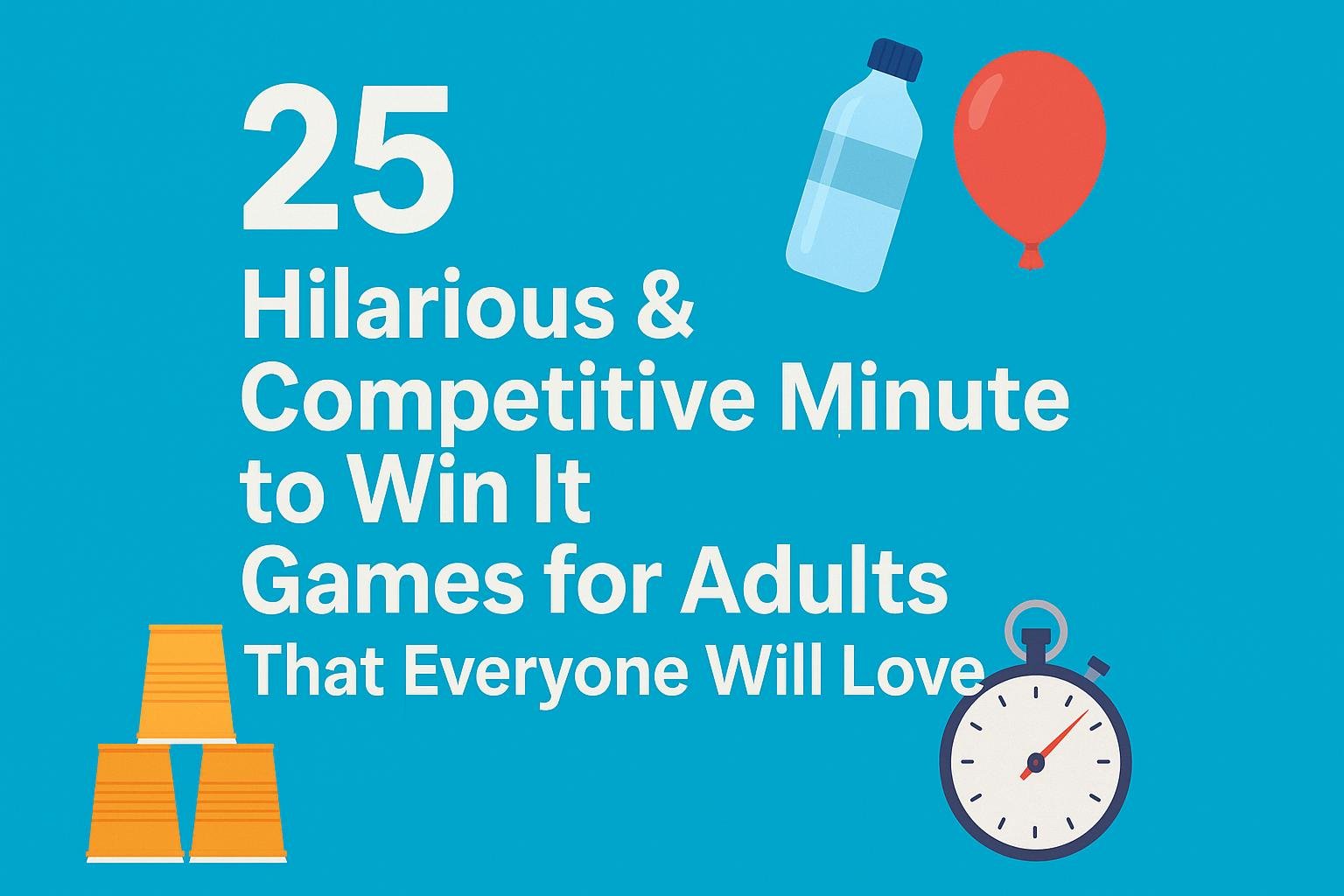Introduction
Child welfare social work is a challenging and vital profession, dedicated to protecting vulnerable children and ensuring their safety and well-being. Social workers in this field play critical roles, often stepping in during times of crisis and advocating for children in difficult, sometimes dangerous situations. However, while this career can be deeply rewarding, there are also significant challenges involved. In this article, we’ll explore 3 negative things about being a child welfare social worker, shedding light on the unique difficulties these professionals face every day.
1. High Emotional Stress and Burnout
One of the most significant among the 3 negative things about being a child welfare social worker is the high level of emotional stress. Social workers in child welfare are regularly exposed to traumatic situations, such as cases of abuse, neglect, and family conflict. Dealing with the suffering of children and families can be emotionally draining, and the exposure to heartbreaking scenarios day after day often leads to emotional fatigue and compassion fatigue.
- Mental Health Impact: The constant exposure to trauma can lead to anxiety, depression, and even PTSD symptoms for some social workers. It’s common for child welfare workers to carry the emotional weight of the cases they handle, making it difficult to maintain a healthy work-life balance.
- Burnout: Due to the high-stress environment and heavy caseloads, burnout is a common issue in child welfare social work. Burnout not only affects the individual’s mental and physical health but also their effectiveness in handling cases, which can negatively impact the children they aim to help.
- Limited Resources for Support: Unfortunately, many social workers have short access to mental health resources within their organizations, which makes coping with emotional stress even more difficult. The lack of support is a contributing factor to the emotional toll on these professionals, making it one of the key of 3 negative things about being a child welfare social worker.
2. High Caseloads and Administrative Burden
Another of the 3 negative things about being a child welfare social worker is the overwhelming caseload and administrative workload. Child welfare social workers are often assigned far more cases than they can effectively handle, which makes an environment where quality of care can suffer.
- Overwhelming Caseloads: With high caseloads, social workers struggle to give each child the time and attention they deserve. This can be faced to feelings of frustration and helplessness, as social workers may not have the time needed to build strong relationships or thoroughly assess each case.
- Administrative Demands: Child welfare social work involves a significant amount of paperwork and documentation. Social workers must file detailed reports, attend court hearings, and document each interaction with the children and families they work with. This administrative burden often takes time away from direct, hands-on work with children and families.
- Time Constraints: Social workers are frequently required to meet tight deadlines, whether it’s completing reports, attending meetings, or meeting court-imposed timelines. The combination of high caseloads and tight deadlines can lead to quick decisions and limited time to focus on effective solutions, making it difficult to provide quality care. This overwhelming workload is one of the core of 3 negative things about being a child welfare social worker.
3. Personal Safety Risks
The third of the 3 negative things about being a child welfare social worker involves personal safety risks. Child welfare social workers sometimes face personal safety risks while on the job. Working with families in crisis, particularly in volatile situations involving abuse, domestic violence, or substance abuse, can be dangerous. Social workers often visit homes and neighborhoods where tensions are high, which puts them at risk of encountering hostile or violent situations.
- On-Site Risks: In some cases, social workers must visit homes where they may encounter aggressive family members or unsafe conditions. The unpredictability of these visits can make social workers feel unsafe, as they often face hostility from those who may not welcome outside intervention.
- Verbal and Physical Threats: Social workers occasionally face verbal abuse or even threats from family members who may feel threatened by child welfare involvement. In extreme cases, social workers have reported physical assaults while on the job, which adds a layer of fear and anxiety to an already stressful profession.
- Lack of Security Measures: Many child welfare agencies lack the resources to provide adequate safety training or support for their staff. While some agencies provide safety protocols, social workers often work alone in the field, which leaves them vulnerable when encountering challenging or dangerous situations. This lack of protection adds to the 3 negative things about being a child welfare social worker.
Conclusion
Being a child welfare social worker is a demanding profession that requires resilience, empathy, and a strong commitment to advocating for children’s well-being. However, the high emotional stress, overwhelming caseloads, and personal safety risks make up 3 negative things about being a child welfare social worker. These challenges highlight the need for improved support, better mental health resources, and enhanced safety measures within the profession.
While these aspects can deter some from entering the field, they also emphasize the importance of supporting child welfare social workers so they can continue their vital work effectively. Addressing these 3 negative things about being a child welfare social worker can help create a healthier work environment, ultimately benefiting both social workers and the vulnerable children they serve.










